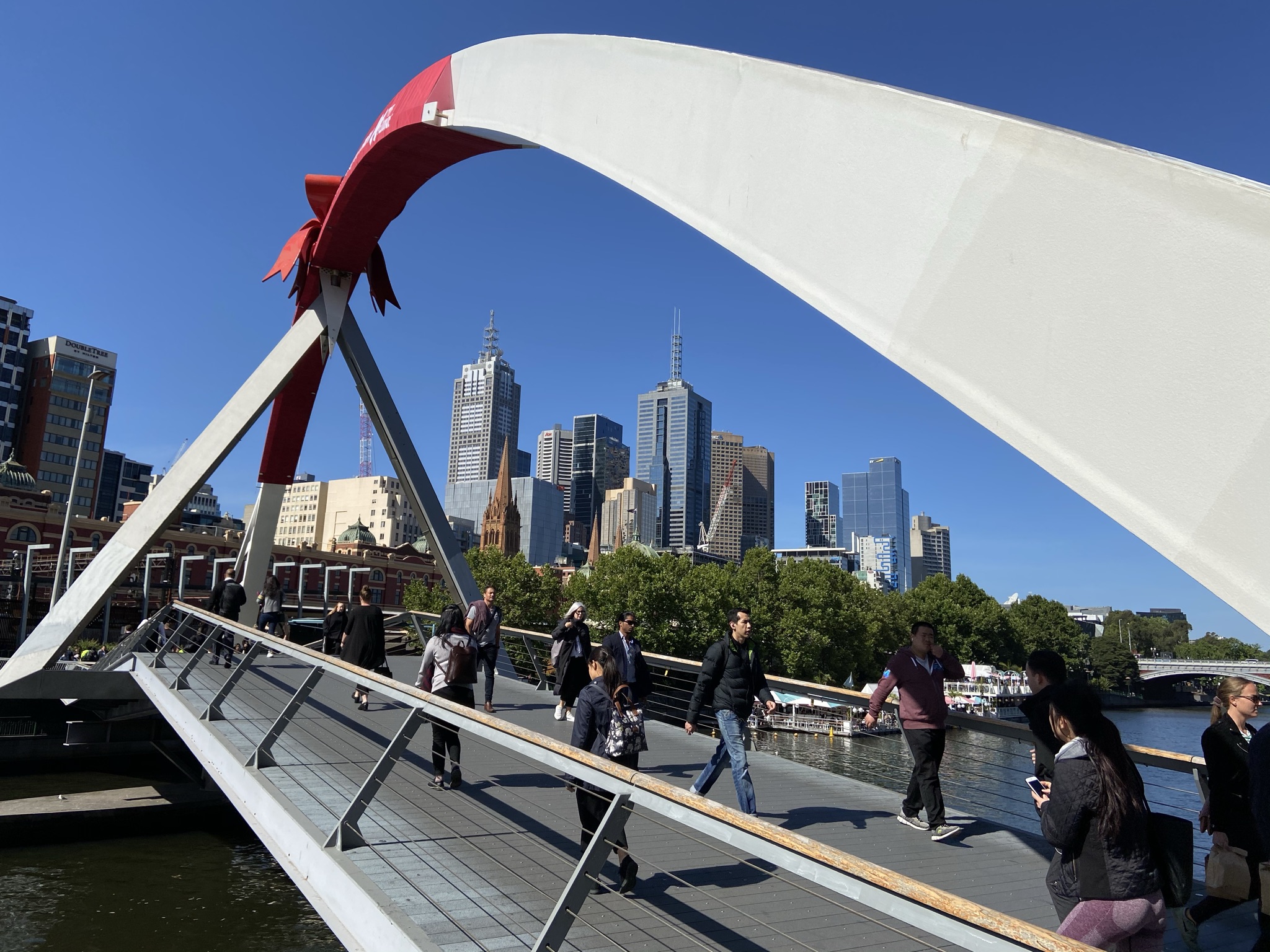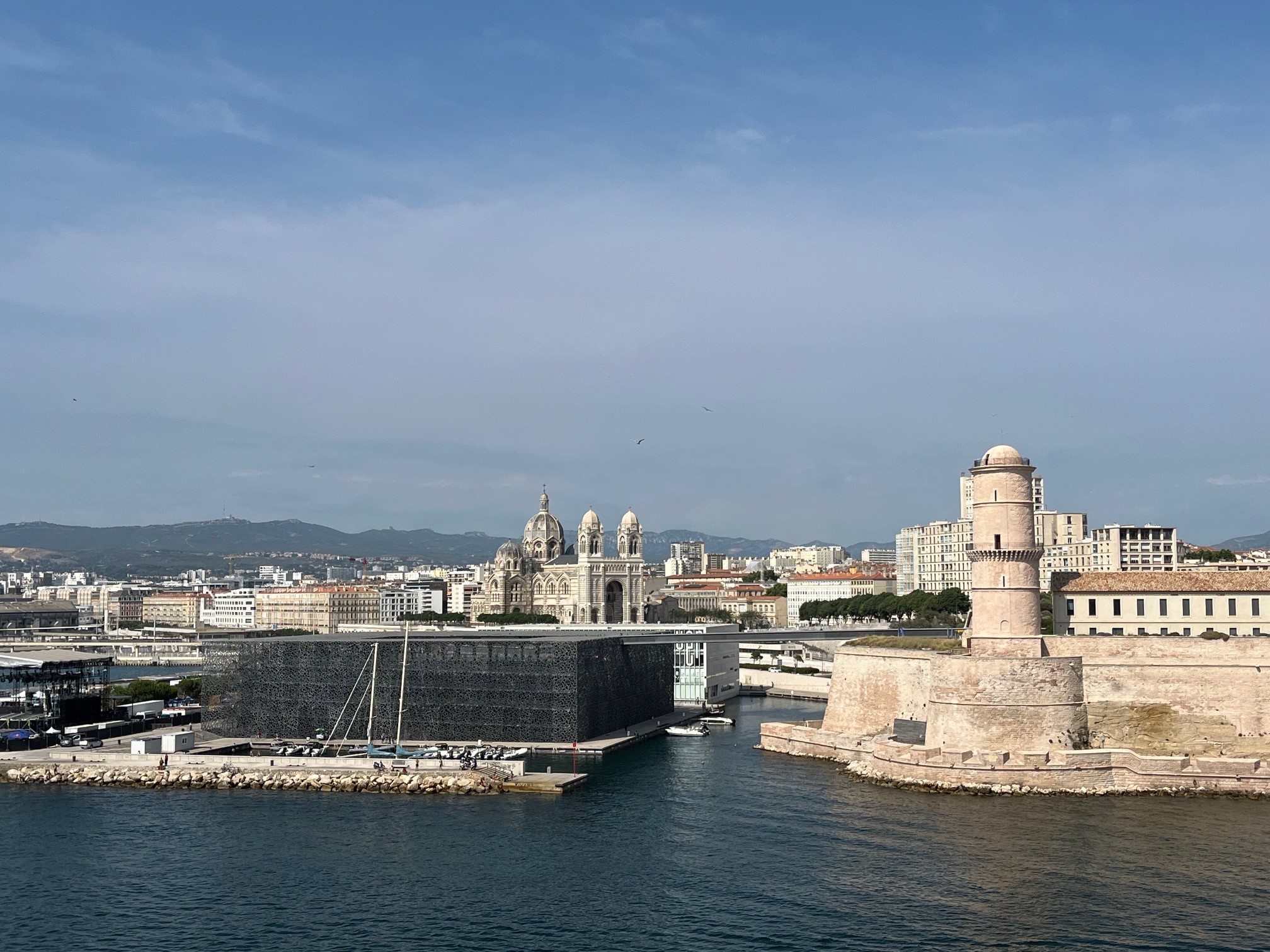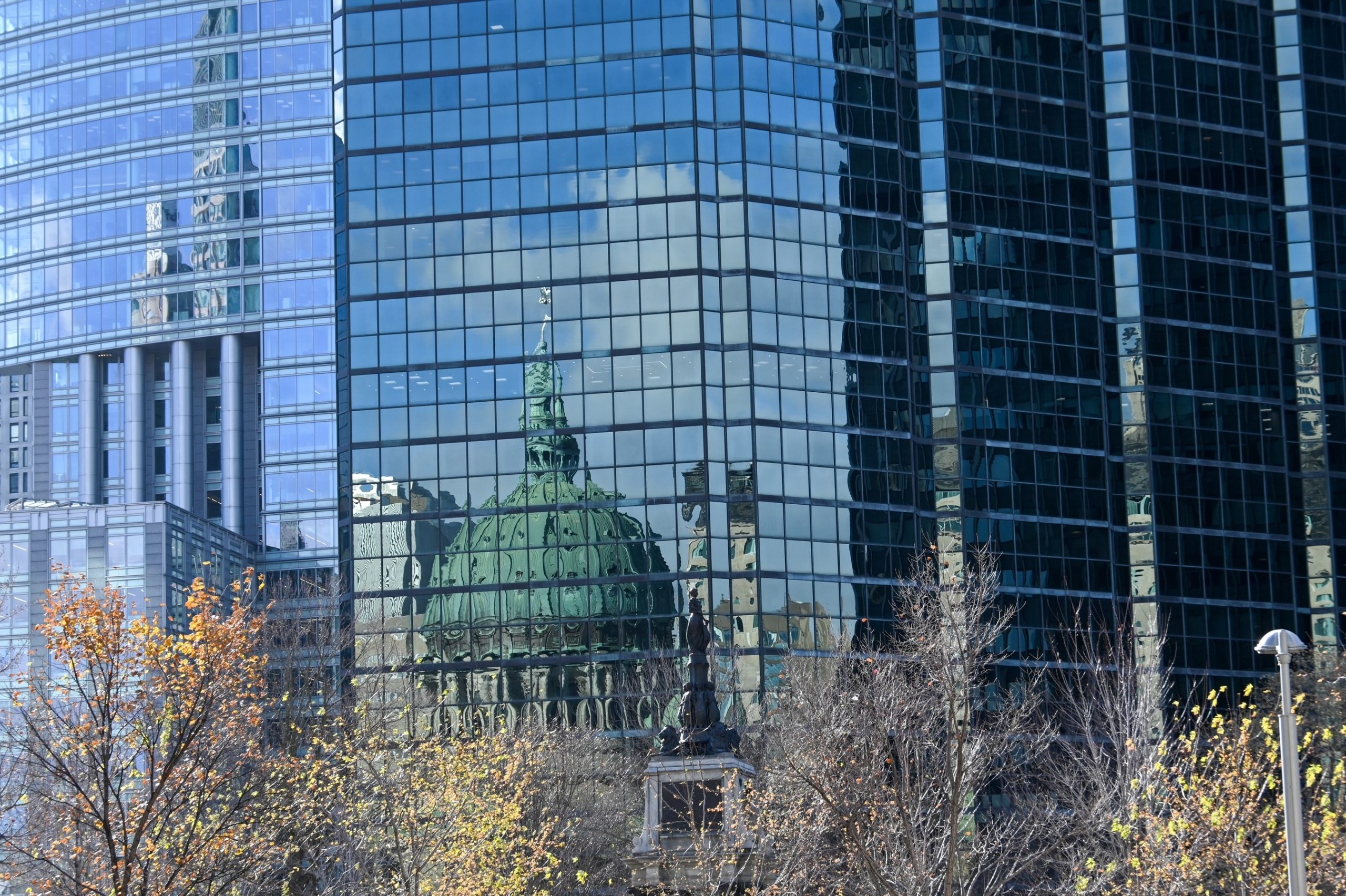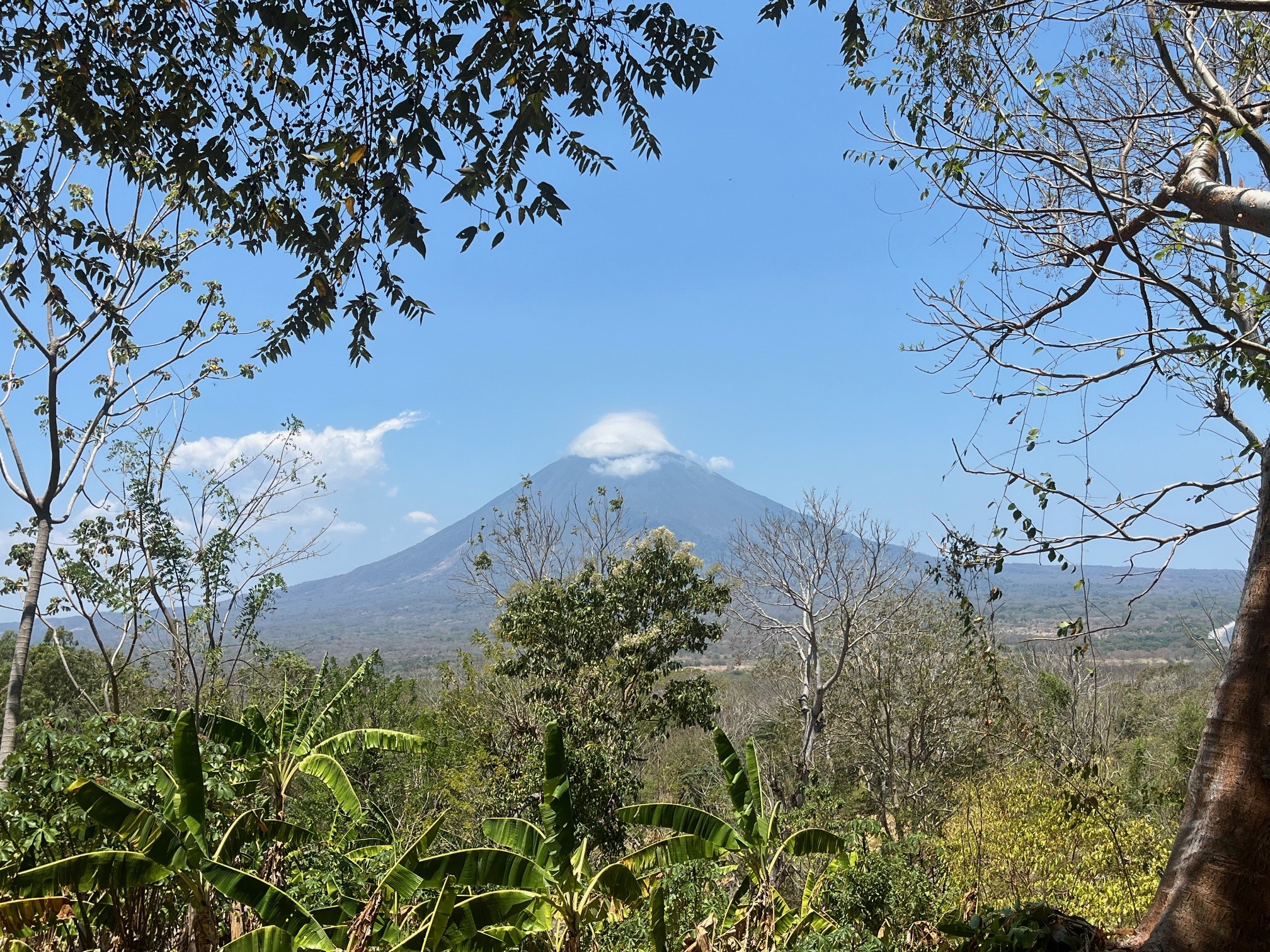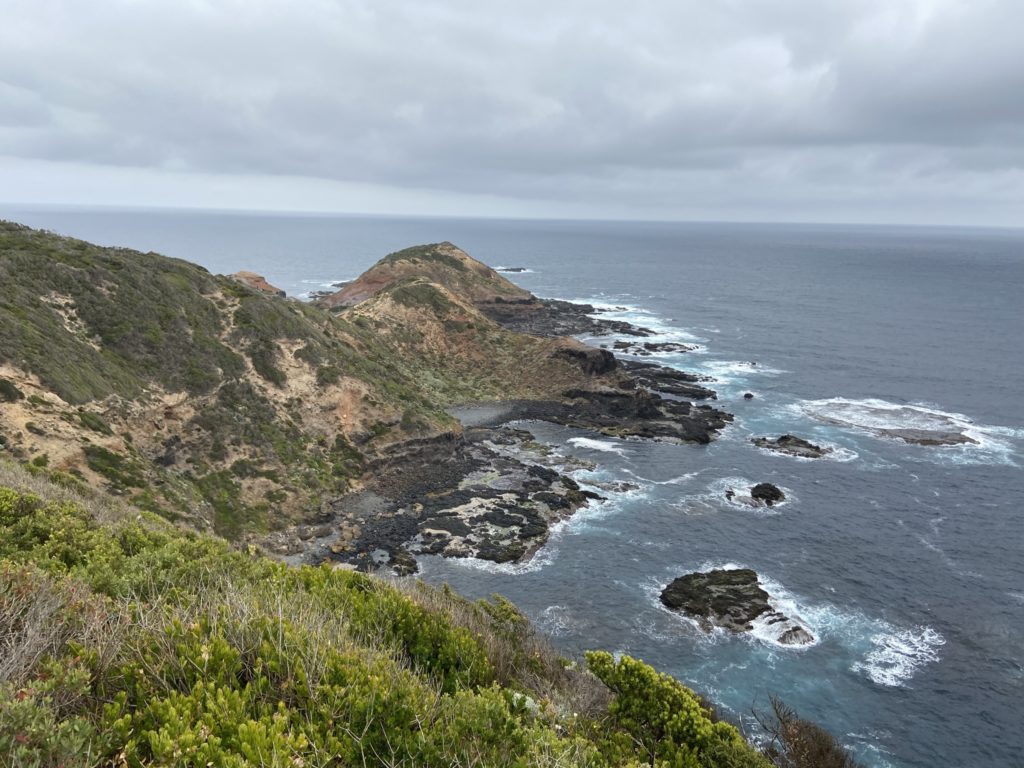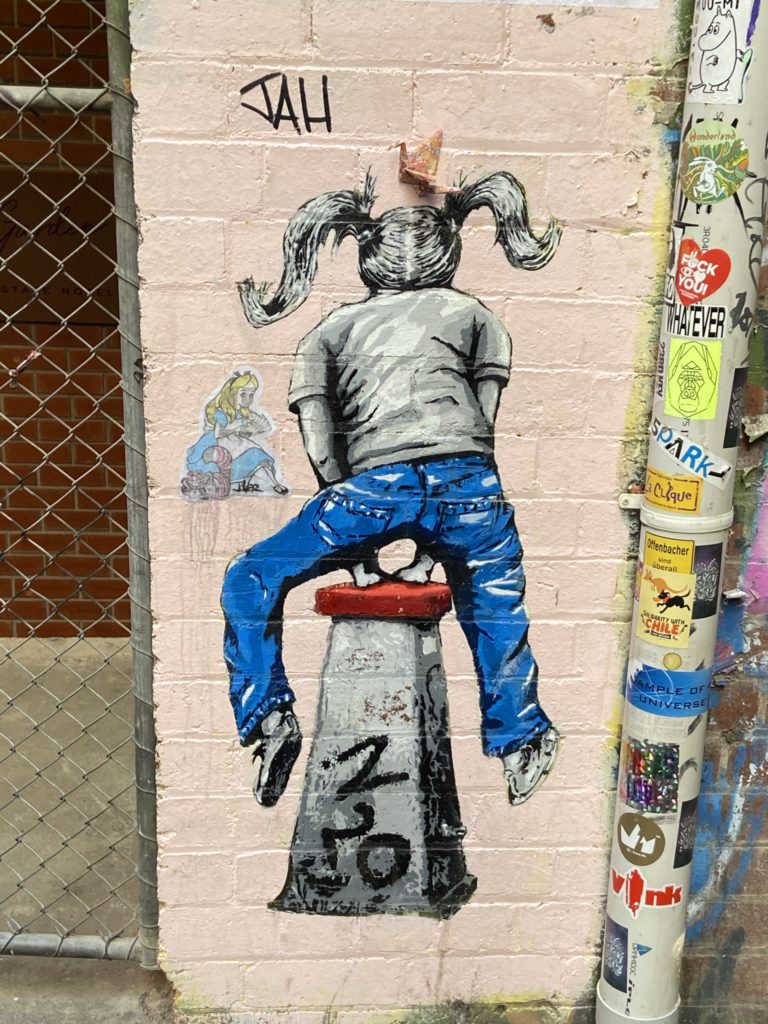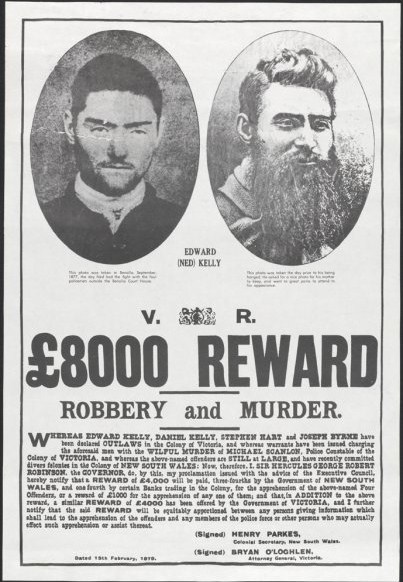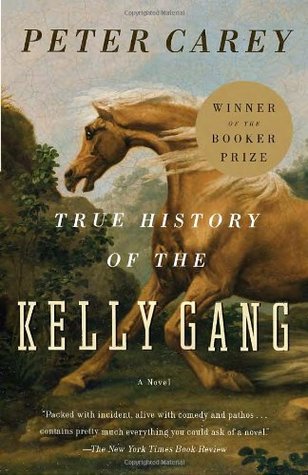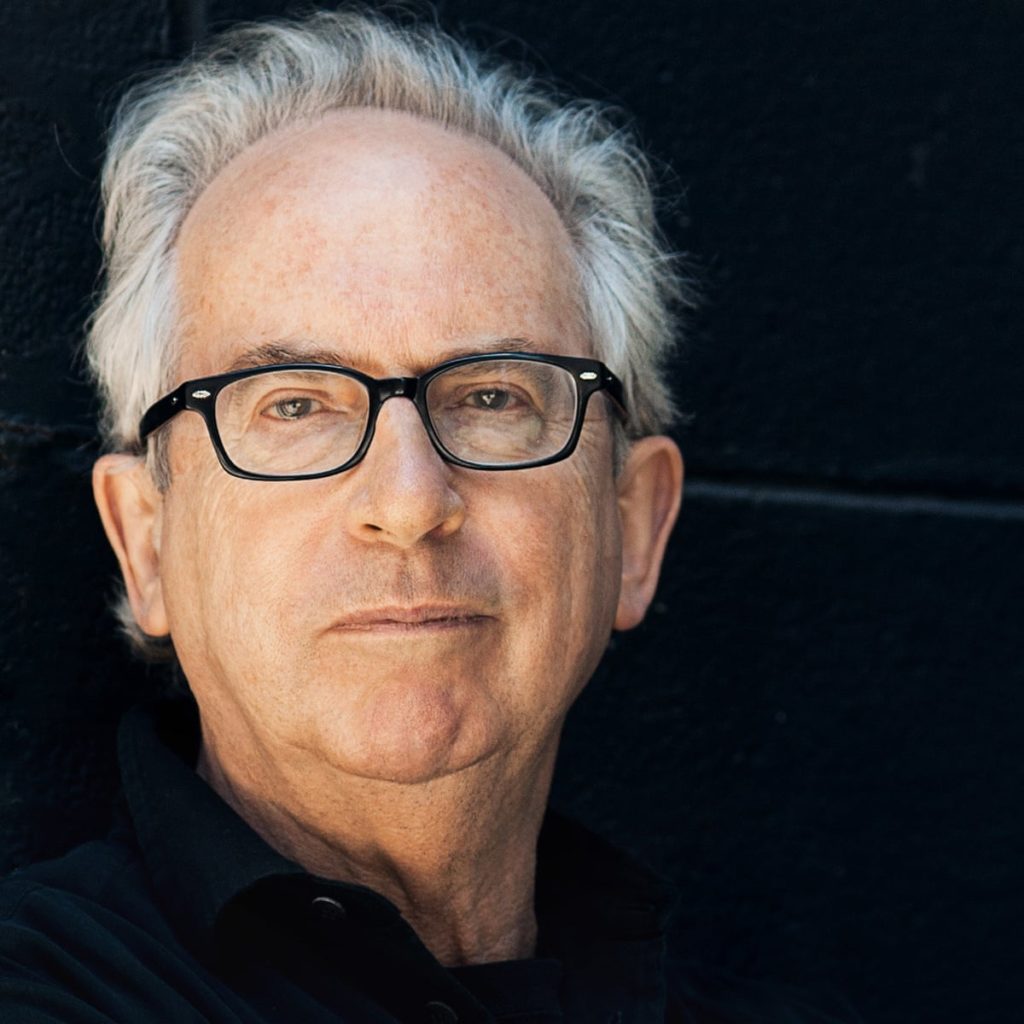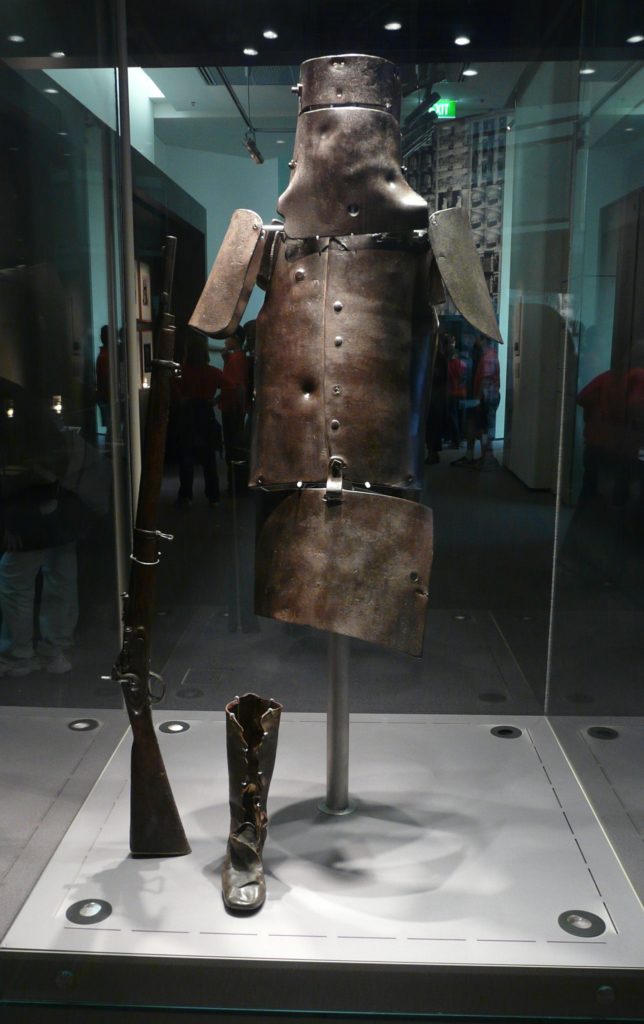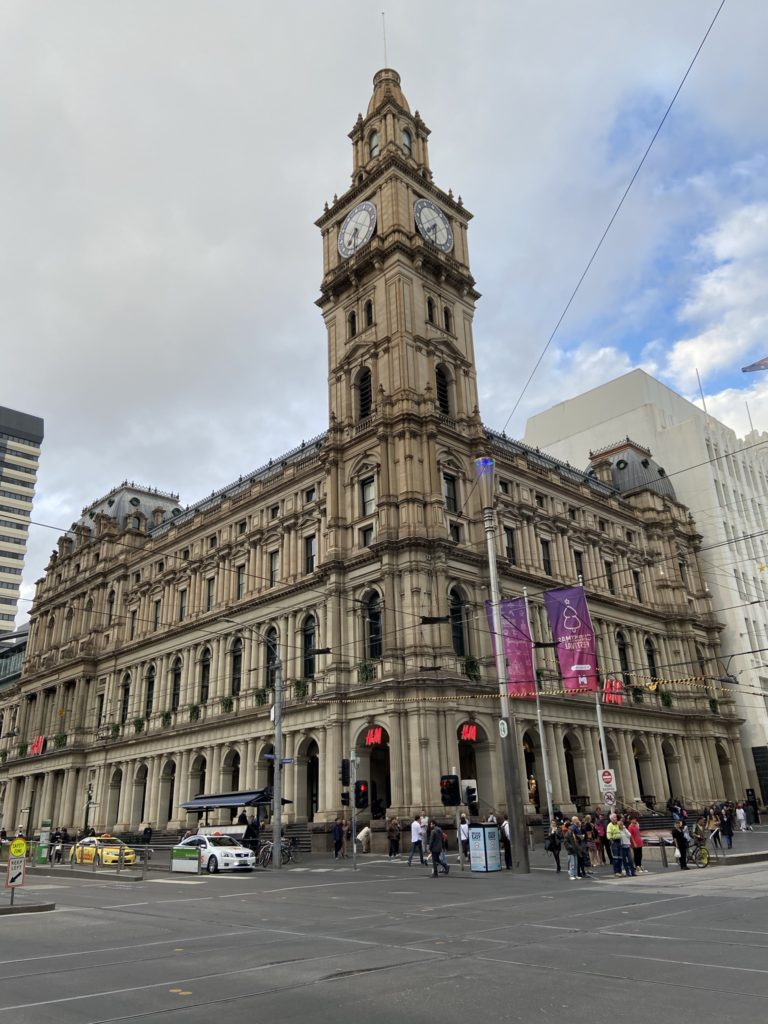So far, I have only made three trips, fairly short, to Australia, once in Sydney and twice in Melbourne. Each visit gives me the urge to learn more about the country, its history and its culture. During my two stays in Melbourne, I got the opportunity to venture outside the city and explore part of the State of Victoria, in the Southeast of this country the size of a continent. I mainly traveled on the coastal roads: the Great Ocean Road and a tour of the Mornington Peninsula, two road trips offering breathtaking views on jagged shores with, here and there, tempting beaches and the chance to spot kangaroos and koalas.
Ned Kelly, born in 1854 in Victoria, grew up in the Australian bush, North of Melbourne. He was poor. His father had been brought from Ireland as a convict to Van Diemen Island’s penitential colony, currently Tasmania, and later became a « selector ». He was assigned some land, called a « selection » in exchange for the responsibility to develop its agricultural potential. There was a rampant conflict between « Selectors » and « Squatters », who were occupying the land without title for cattle grazing. The squatters had the British government and the police on their side, while the selectors often had to resort to stealing cattle. At the age of twelve, his father dies in jail and the young Ned helps his mother to support a family with eight children.
In his novel « True History of the Kelly Gang », for which he won his second Booker Prize, Peter Carey retraces, adding a substantial dose of fiction, Ned Kelly’s life and how he became a « bushranger », an outlaw, who ended up as a mythical figure, a little bit like Robin Hood, in the Australian folklore. The book is designed as a succession of letters that Ned writes for a daughter that he will never see, since she was born after his arrest and his hanging in 1880. He promises her to only tell the truth and describes his itinerary while explaining his choices.
After his father’s death, Ned is placed by his mother in « apprenticeship » with Harry Power, a bushranger who teaches him the secrets of the trade. But Ned runs away and tries to live honestly on his family’s small farm. He, the wild Catholic boy, even rescues from drowning the son of a well-to-do protestant family. Nevertheless, he is arrested and jailed for three years, accused of stealing a horse. Once out of prison, he tries to follow the right path, but when a police constable who wanted to marry his sister threatens to shoot his mother, he draws his revolver and injures the hand of the officer.
He again needs to hide, with his brother Dan and a few friends. His mother is thrown in prison in Melbourne, serving as bait to entice his son to leave his hiding place. With his friends, Ned forms a gang: they rob a few banks and distribute part of the proceeds to the population. They become popular and Ned tries to take advantage of it to obtain his mother’s liberation. But the police sends reinforcements from Melbourne to capture the gang. After initial skirmishes to their advantage, they get cornered by the police troops in Glenrowan. It is during this battle that Ned Kelly attempts an exit in a self-made steel armor. The armor – which is now exhibited in the State Library of Victoria in Melbourne – fulfils its duty but the bushranger’s legs are hit, and he is arrested while the other gang members all perish.
The novel, recently adapted as a movie by Justin Kurzel, was written by Peter Carey in the colorful style found in a letter left by the real Ned Kelly. It is an excellent introduction to the Australian spirit of independence and challenge to authority. Ned Kelly remains a controversial figure, but he became a symbol of the fight by the descendants of the convicts against the domination of the British Empire.
